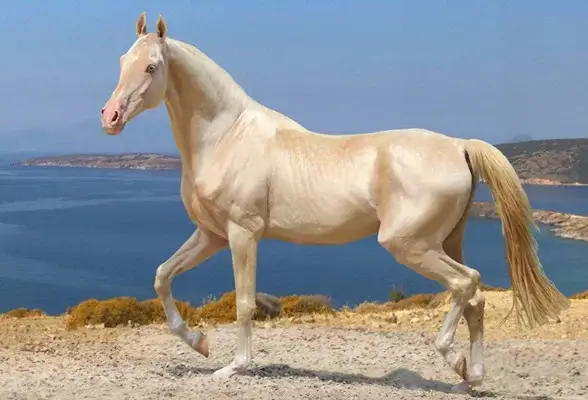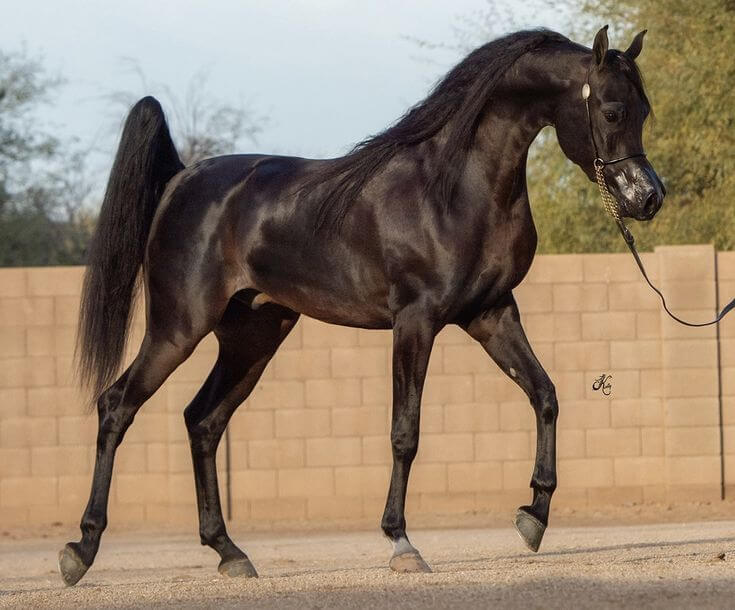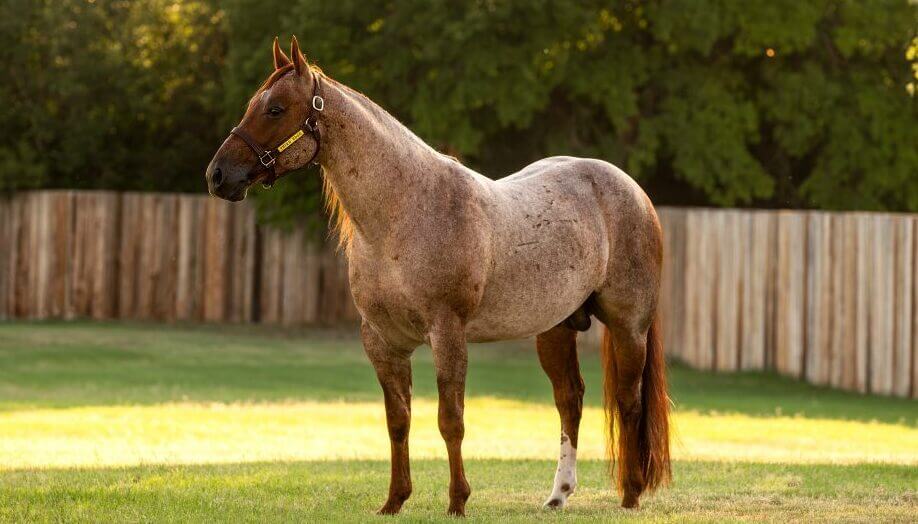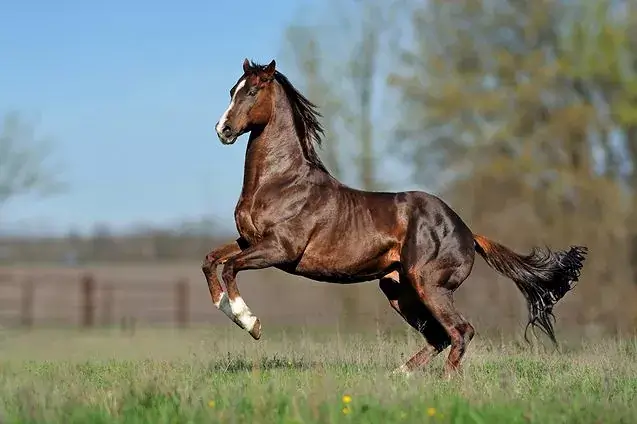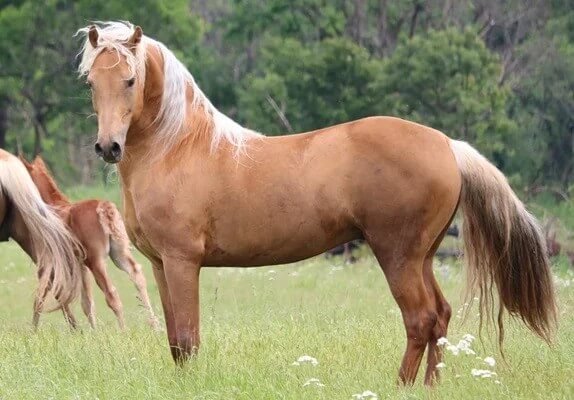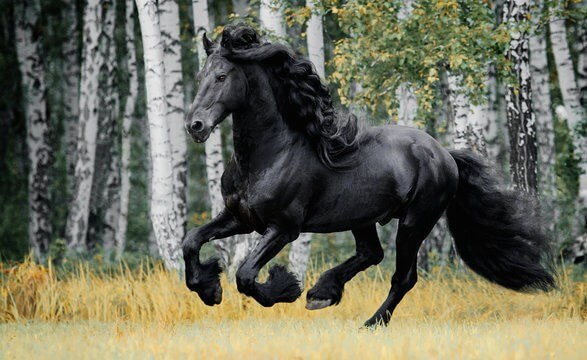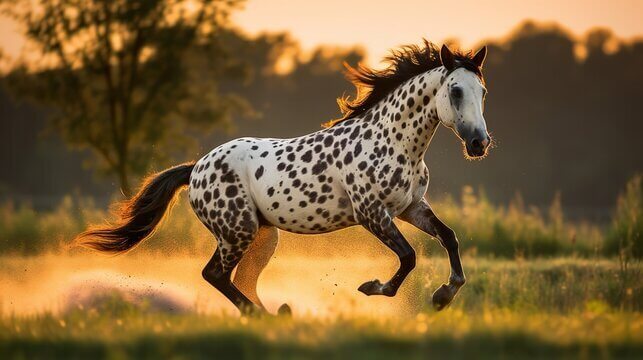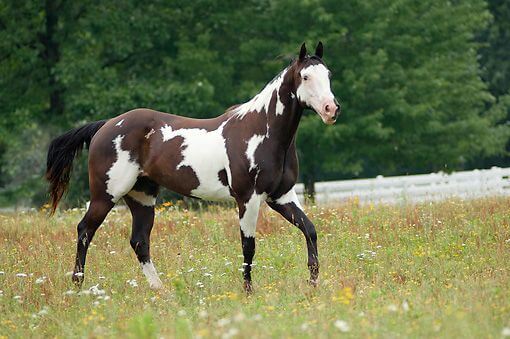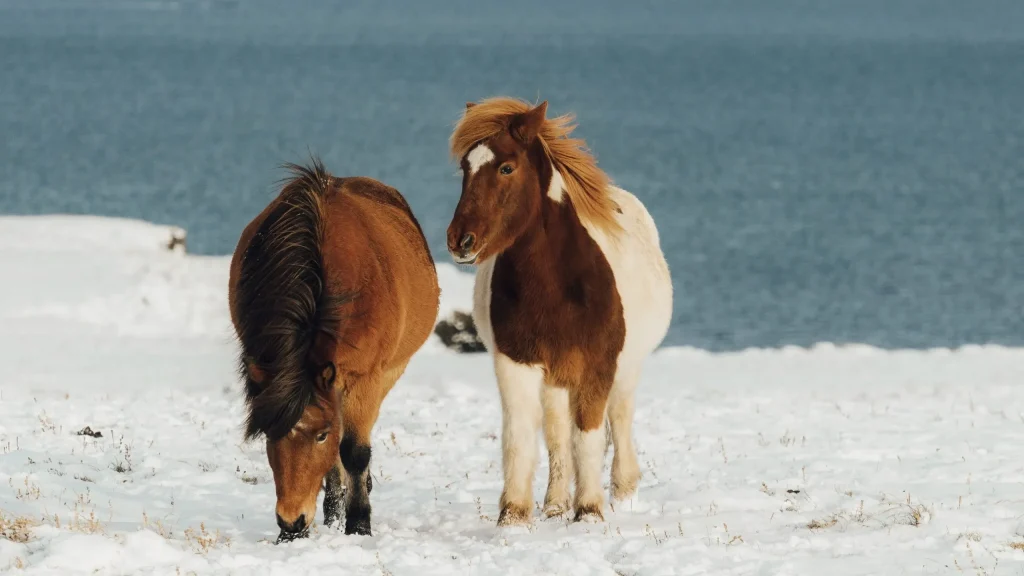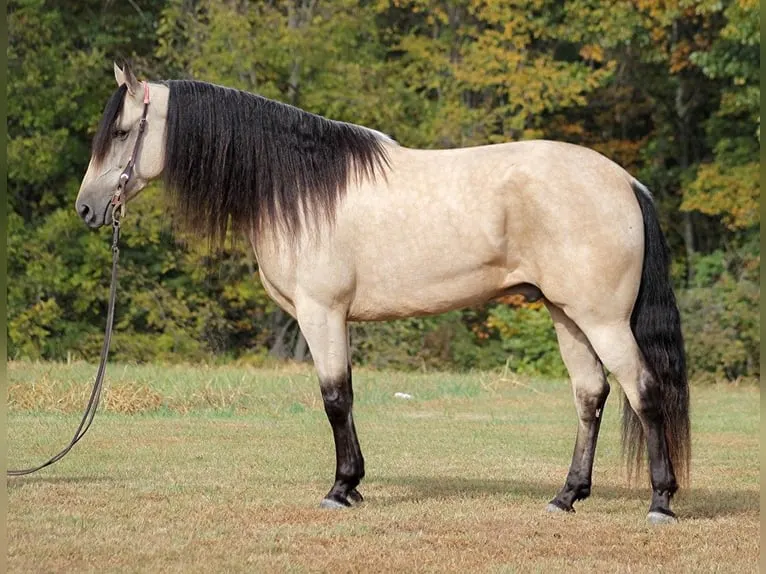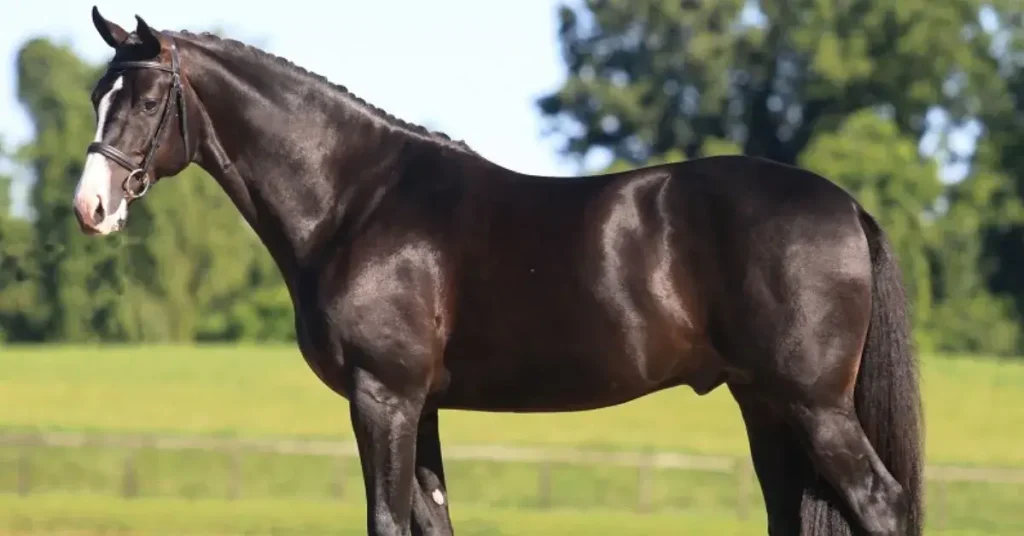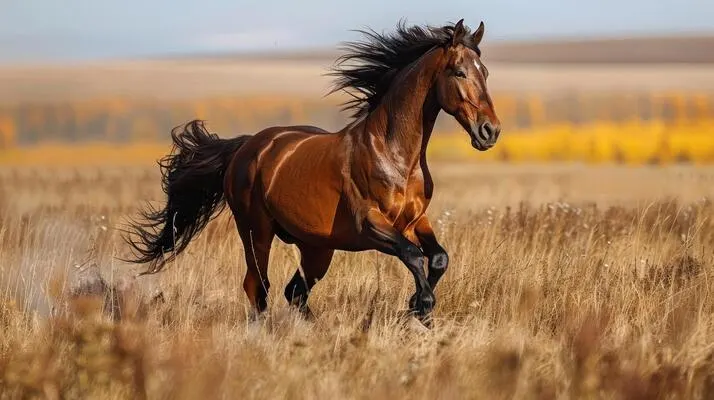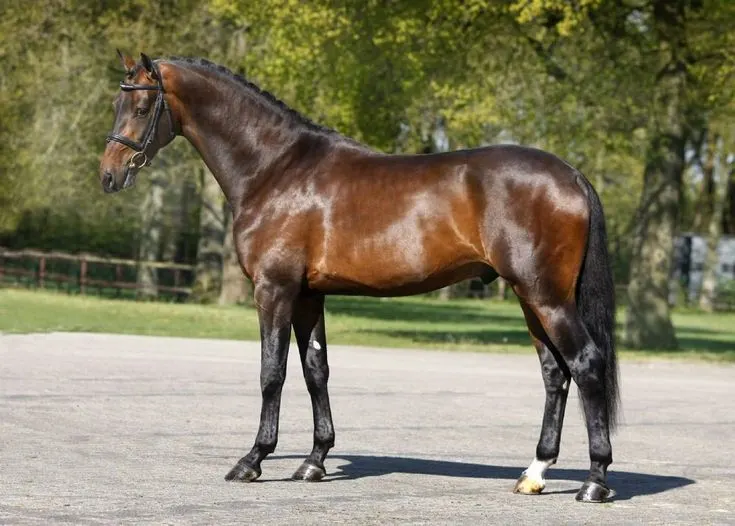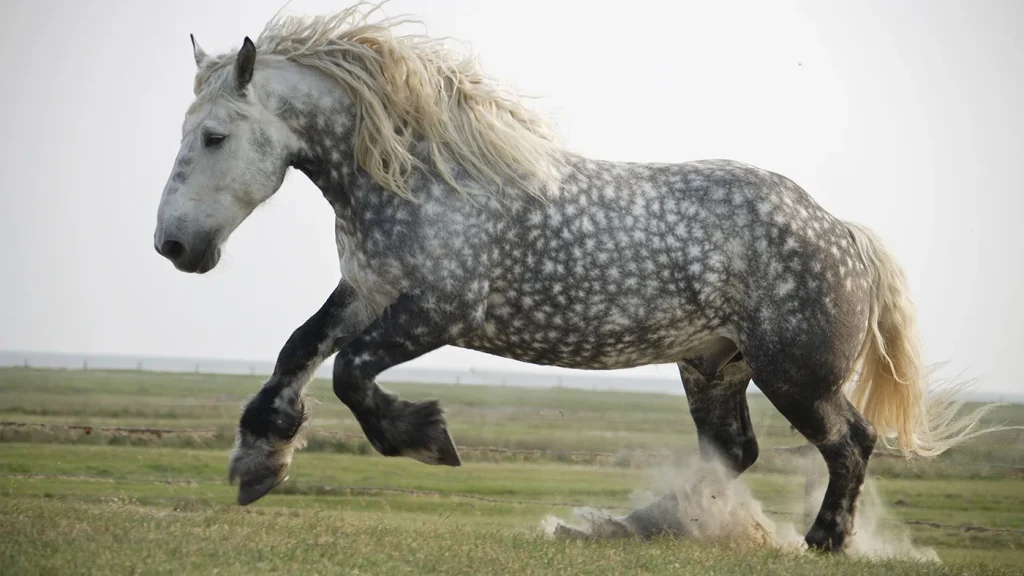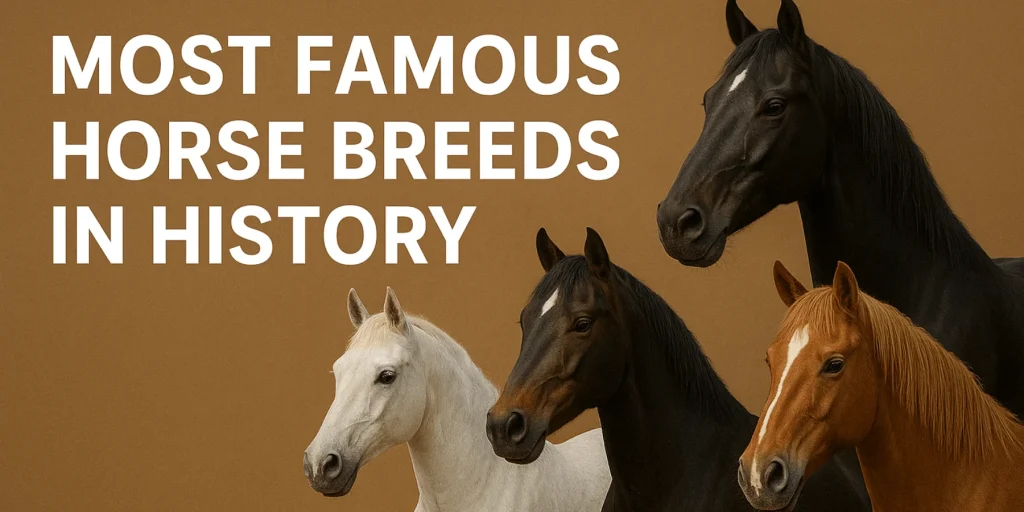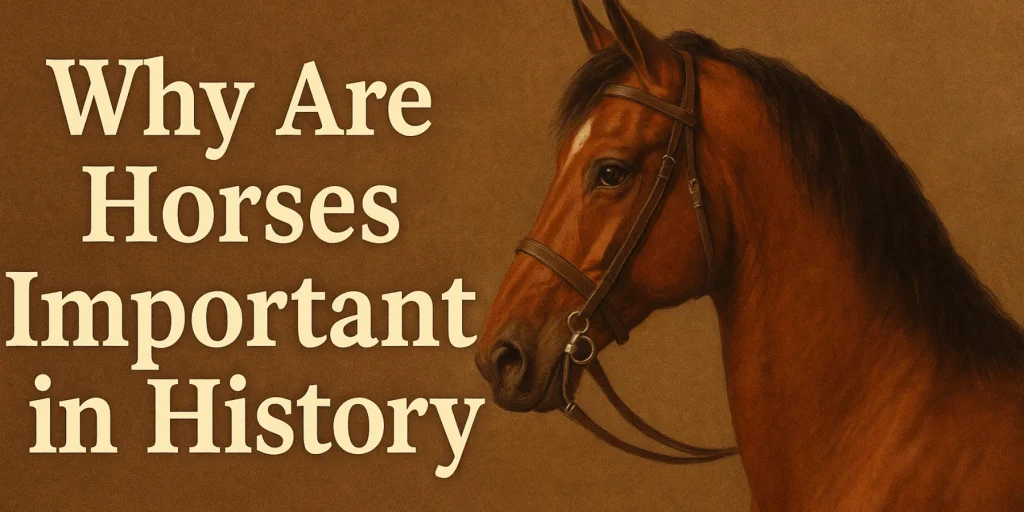Introduction
The Turkish Horse represents a group of equine breeds native to Turkey, each known for its beauty, endurance, and cultural significance. With roots tracing back to ancient times, these horses have served in war, travel, farming, and even art. Their legacy is woven into the fabric of Turkish history, and today, they are celebrated for their versatility, stamina, and loyalty.
History and Origin
The Turkish Horse has a storied lineage dating back thousands of years. Influenced by Central Asian, Arabian, and Anatolian breeds, Turkish horses developed unique traits that suited various terrains and climates across the region. Notably, breeds such as the **Anadolu (Anatolian Horse)**, **Canik Horse**, and the rare **Karacabey Horse** reflect Turkey’s diverse horse culture.
Historically, Turkish horses played essential roles in military campaigns, especially during the Ottoman Empire, and were prized for their strength, intelligence, and agility.
Types of Turkish Horses
Several horse types fall under the “Turkish Horse” category. Some of the most well-known include:
- Anadolu (Anatolian) Horse: Hardy and versatile, adapted to mountainous terrain.
- Canik Horse: Native to northern Turkey, known for agility and endurance.
- Karacabey Horse: Once famous as a cavalry horse, now rare and protected.
Each variety reflects regional breeding practices and specific historical uses.
Physical Characteristics
Turkish horses are typically medium-sized, ranging from 14.2 to 15.2 hands high. They have well-defined, muscular builds and compact bodies suitable for both riding and light labor. Common coat colors include bay, chestnut, gray, and black.
Their expressive eyes, arched necks, and sure-footed gaits make them not just functional but visually captivating animals.
Temperament and Behavior
Turkish horses are known for their intelligence, stamina, and willingness to work. They form strong bonds with caretakers and are generally calm, making them suitable for both experienced riders and learners when properly trained.
These horses are also alert and spirited, which once made them ideal for cavalry use and now contributes to their charm in equestrian sports.
Ideal Environment
Bred for Turkey’s diverse landscapes, Turkish horses thrive in hilly, rocky, and semi-arid environments. They are incredibly hardy and adaptable, often requiring less intensive care than some modern breeds.
However, they still benefit from regular grooming, balanced nutrition, and social interaction to stay mentally and physically fit.
Diet and Nutrition
Like most equines, Turkish horses need a diet based on hay or grass, supplemented with grains and minerals as needed. Their strong digestive systems allow them to thrive on basic but nutritious feed, a trait developed through centuries of survival in challenging conditions.
Always ensure access to clean water, salt blocks, and regular dental care to support their digestion and overall health.
Health and Lifespan
Turkish horses are typically healthy, long-lived animals with few breed-specific health concerns. On average, they live 25–30 years with proper care. Their robust genetic makeup protects them against many common equine ailments, though they still require standard veterinary checkups, vaccinations, and parasite control.
Common Uses
Today, Turkish horses are used in various activities:
- Trail and endurance riding
- Equestrian sports and local festivals
- Agricultural work in rural areas
- Cultural and historical exhibitions
Their versatility continues to make them valuable in modern Turkey and beyond.
Grooming and Care
Turkish horses have low grooming requirements. Brushing once or twice a week is sufficient to maintain a healthy coat and bond with the horse. Clean hooves regularly and ensure comfortable shelter from extreme weather.
Because of their strong hooves and skin, they often suffer fewer dermatological and hoof issues compared to more delicate breeds.
Family and Social Compatibility
Turkish horses are gentle and responsive, making them suitable for families and beginner riders when handled with patience. Their loyalty and calm nature also make them ideal for therapeutic riding and educational programs.
They enjoy companionship, both equine and human, and do well in environments where they are engaged and appreciated.
Conservation Status
Some Turkish breeds, like the Karacabey Horse, are currently rare or endangered due to modernization and breeding decline. Efforts by local breeders and conservationists are underway to preserve these precious animals and their cultural importance.
Fun Facts About Turkish Horses
- Turkish horses played a key role in the expansion of the Ottoman cavalry.
- They are among the few breeds that evolved with both European and Asian genetic influences.
- Turkish horses are still featured in traditional festivals and ceremonies across the country.
- The Karacabey Horse is sometimes called the “Turkish Thoroughbred” for its elegance.
❓ Frequently Asked Questions
Q1: Are Turkish horses good for beginners?
A: Yes, many types are calm and cooperative, especially when properly trained and handled with respect.
Q2: Where can I find a Turkish horse?
A: While rare outside Turkey, some breeds may be available through international breeders or Turkish conservation programs.
Q3: Are Turkish horses used in competitions?
A: Yes, especially in endurance and traditional riding events, where their stamina shines.
Q4: What makes Turkish horses unique?
A: Their combination of historical significance, resilience, and adaptable temperament sets them apart.
Q5: Do Turkish horses get along with other animals?
A: Yes, they are sociable and generally get along well with other horses and livestock when introduced properly.
✅ Conclusion
The Turkish Horse is a living testament to the rich equestrian history of Turkey. With their enduring strength, graceful appearance, and intelligent nature, these horses continue to inspire admiration. Whether you’re a rider, breeder, or enthusiast, the Turkish Horse offers a perfect blend of cultural heritage and modern utility.
